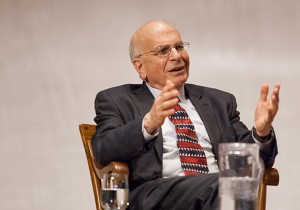The Juvenile Law Center’s initiatives include minimizing court and systems involvement, promoting fairness in the courts, improving outcomes for court-ordered youth, and ensuring access to services and opportunities. Founded in 1975 and the oldest non-profit, public interest law firm for children in the United States, the Juvenile Law Center has become a national advocate for children’s rights, working across the country to enforce and promote the rights and well-being of children who come into contact with the justice, child welfare and other public systems.
Through litigation, appellate advocacy and submission of amicus (friend-of-the-court) briefs, policy reform, public education, training, and strategic communications, the Juvenile Law Center strives to ensure that laws, policies, and practices affecting youth are rooted in research, consistent with children’s unique developmental characteristics, and reflective of international human rights values.




